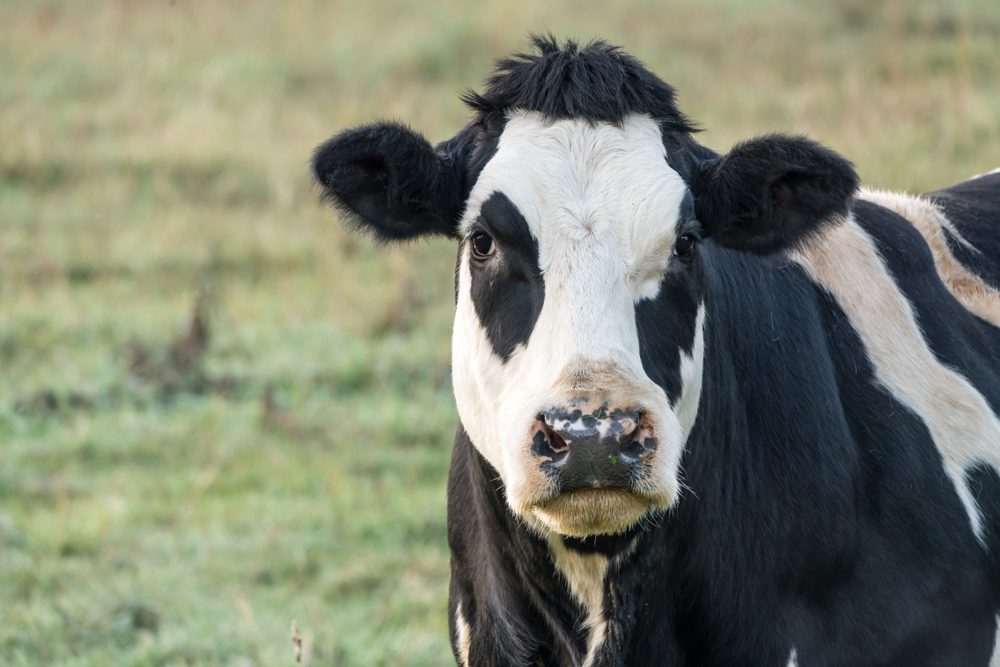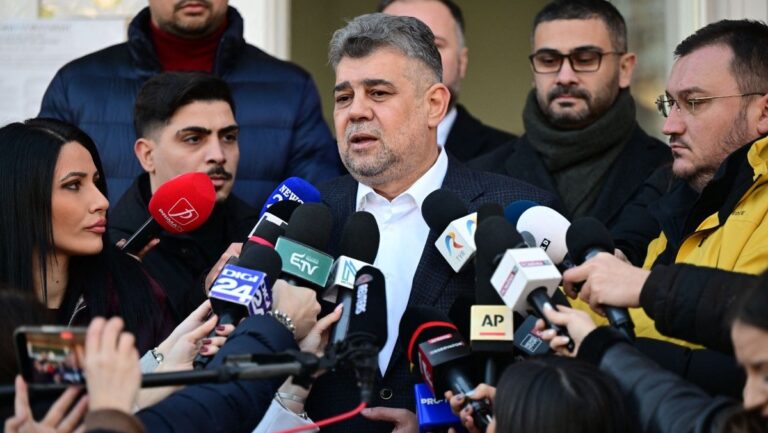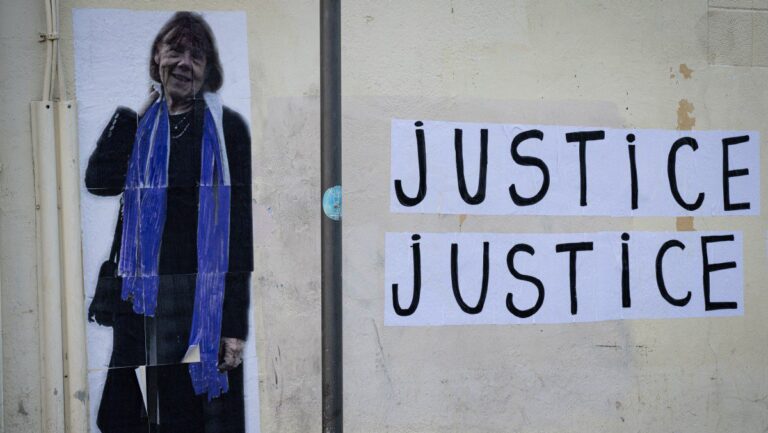Last week’s butting of heads between the Flemish government’s CD&V party and its coalition partners has seen an unexpected reversal. The debate over how to reduce agriculture’s excess nitrogen has been resolved, to the farmers’ advantage.
On Friday, March 10th, Prime Minister Jan Jambon (N-VA), flanked by some members of his cabinet, proudly presented what was deemed a highly elusive agreement.
Vandaag, na 20 jaar, slagen we er in een akkoord te bereiken in een van de grootste milieudossiers van ons land. Ons leefmilieu, onze natuur, de lucht die we inademen, de rechtszekerheid en de landbouw worden hier beter van. pic.twitter.com/Izhedf8gm7
— Zuhal Demir (@Zu_Demir) March 10, 2023
“It always seems impossible until it is done,” a visibly relieved Jambon said, quoting South African anti-apartheid activist Nelson Mandela. The PM stressed, “it was a long and difficult road, but the result is what counts.”
Jambon admitted to having harbored doubts about whether an agreement would ever have been reached, but also acknowledged the “statesmanship, courage, and boldness” shown by coalition partners CD&V and Open VLD. His bringing together of all three coalition partners constitutes a political victory, solidifying his leadership.
It is a stark contrast to Jambon’s demeanor not even a week ago, when the Flemish government appeared close to imploding over a disagreement about what the PM termed its “most difficult dossier yet”—a dossier meant to reduce nitrogen emissions, which in last week’s draft, would have devastated the prospects of the next generation of Flemish farmers.
For the most part, the agreed-upon text is the same that the Christian Democrat Party (CD&V) left the negotiation table over; among other concerns, the party objected to the lack of perspective for farmers starting out.
Under this final agreement, yet to be translated into a decree, the amount of nitrogen impacting protected nature zones in Flanders would still be halved by 2030. Too much nitrogen in the soil is detrimental to biodiversity. Controversially, the Flemish agricultural sector had been asked to bear the brunt of the needed sacrifices, as nitrogen is released in large part through animal manure.
To assuage their concerns, a total of €3.6 billion is pledged for various schemes involving the farming community. Farmers who voluntarily quit will be compensated, with some getting up to 130% of their farm’s value. Farmers who invest in more ‘sustainable’ solutions—through, for example, modern arable farming—can earn up to 65% of their investments back.
In addition, those who volunteer to stop fertilizing parts of their land can count on financial aid.
Until 2025, farmers who wish to do so will be able to continue under their current permits. However, companies scoring too high on pollution must close by 2030.
Farms that emit nitrogen 0.028% below the tolerance level of a nearby nature reserve will be granted a permit. Those who pollute more, but do not exceed 0.8%, will be subjected to a study to measure their impact on the environment. For industry, this is only applicable should they exceed 1%. This distinction between the two industries may however disappear starting in 2025, barring a new environmental report which would prevent it.
In addition, farmers willing to make the necessary investments to lower their nitrogen emissions would be getting a leg-up. Since farmers are required to hold permits in amounts equal to their emissions, those who want to increase their emissions must buy permits from others willing to sell them. The contrary applies as well, with farmers who lower their emissions being able to sell their permits to others.
Agriculture Minister Jo Brouns (CD&V), expressed his hope that by 2025 “we can deliver the promised perspective for agriculture.” In its current form, the agreement “is in line with our vision: to protect the environment while offering a perspective for agriculture,” the CD&V minister said.
Environment Minister Zuhal Demir (N-VA), could not describe the agreement “in any other way than a historic opportunity,” through which a “historic debt” can be paid to the agricultural sector while offering solutions to prospective farmers. “I am pleased that everyone finally decided to seize upon this chance. To those in doubt, we are doing this to save and keep agriculture within Flanders.”
Deputy Prime Minister Hilde Crevits (CD&V) is equally pleased. “Behind every figure is a family. It is about people’s life’s work,” the CD&V politician said.
“I am especially relieved,” says Vice Minister-president Bart Somers (Open VLD). “We have been able to reconcile agriculture, nature, and industry, avert a permit freeze and now can offer young farmers a new perspective. With this, the government has demonstrated that we can tackle even the most difficult of dossiers.”





